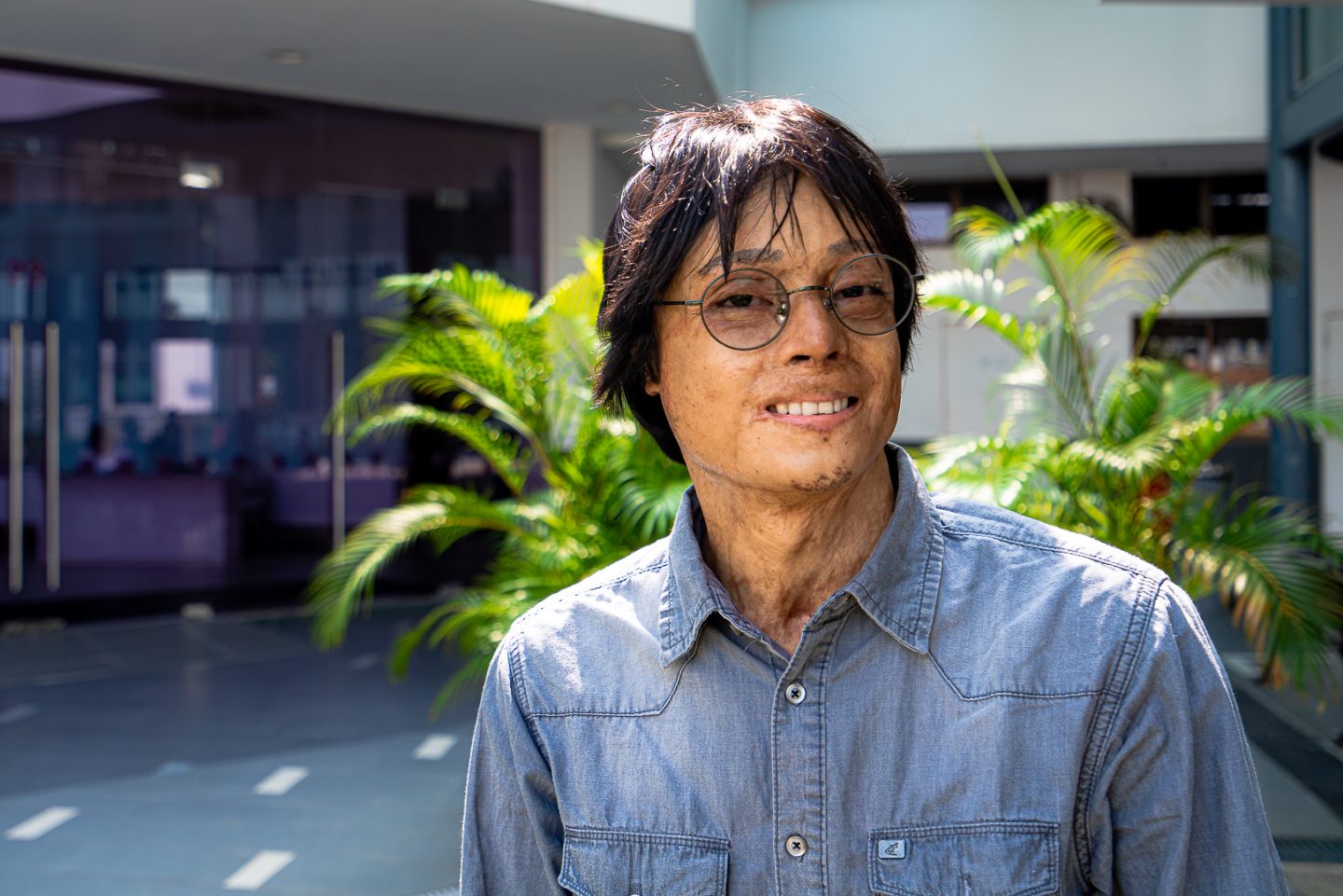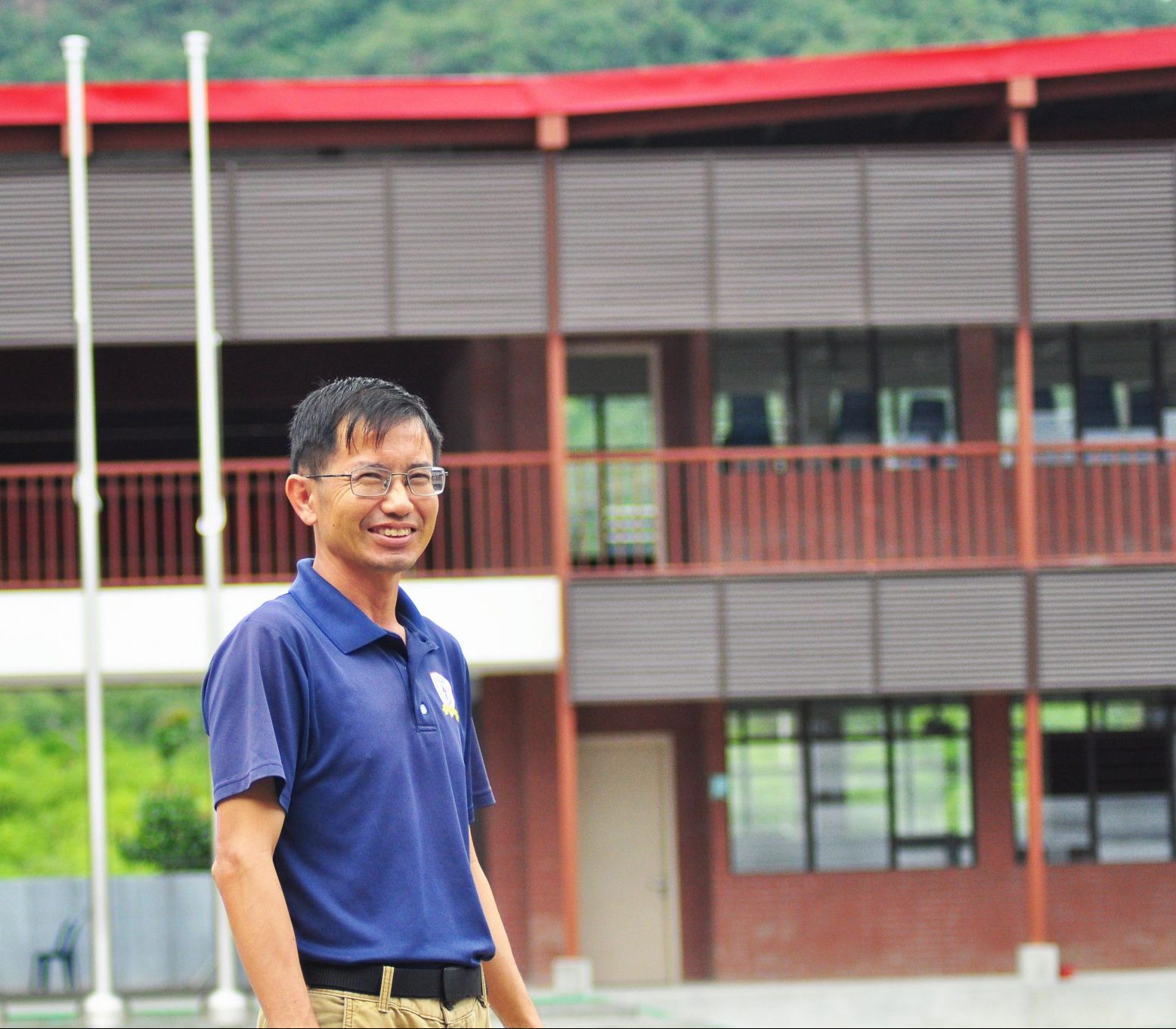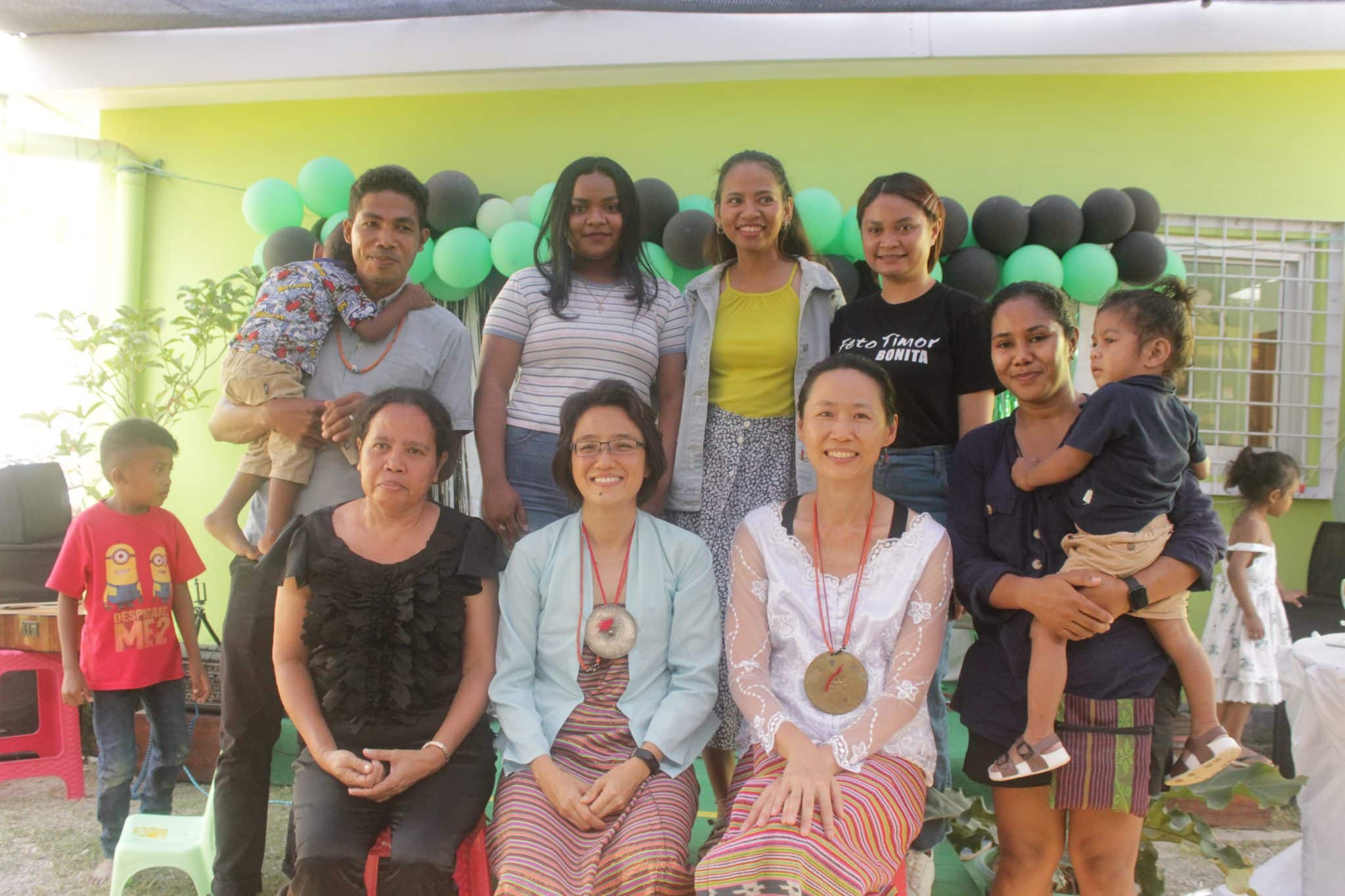Burn victim and former migrant worker brings hope to his village of 3,000
by Rachel Phua // September 12, 2019, 1:13 pm

Rahman came back to Singapore last month, a year after he left for Bangladesh, for his former company's trial and to participate in a forum for burn victims. Photo by Rachel Phua.
A year after Bangladeshi worker Rahman Mohammad Ataur left Singapore – where he made news for a workplace explosion that left him with third-degree burns on 73% of his body – he was back to testify in a court case against his former company, which was fined S$220,000 for the accident, and to participate in a burn victims forum organised by the Burns Support Group.
Rahman returned to Bangladesh last August, having gone through a painful recovery process after the 2016 accident.
Though the aftermath was long-lasting and painful, through the ordeal, he made many friends as he volunteered with migrant worker advocacy group Humanitarian Organisation for Migration Economics (HOME) while waiting for his case to be settled. Some volunteers also introduced him to the church community in Singapore, with some older folks unofficially adopting Rahman as their son.
Upbeat and at ease, Rahman seemed to be more confident when Salt&Light caught up with him, despite the irrevocable effects the accident left on his body.
“You are Bangladeshi?”
In Bangladesh, Rahman said he’s often mistaken for being a foreigner because of his looks. Plenty of locals, unsure of where he’s from, speak to him in English. Bemused, but happily playing along, he replies them in English.
Sometimes, when he hears two people having a conversation and he decides to jump in speaking Bengali, they go “you are Bangladeshi?”, Rahman exclaimed cheekily, gleeful and triumphant.
Rahman has come to accept his situation and has used his compensation to help his family financially.
Regardless of the occasional thrills, it was still hard for Rahman to adjust when he first went back. His parents and siblings weren’t pleased to see his new look. He never dared to make a video call while he was still in Singapore.
He has learnt “to cope better with his current appearance” over time, said Jevon Ng, a former HOME social work executive who assisted Rahman during his recovery. Ng was one of the staff that followed Rahman back to Bangladesh last year to help him settle back in, and visited him again over six days this August.
At first, he was quite tired out from explaining to neighbours and visitors what had happened in Singapore. But gradually, if someone asked Rahman about his appearance, he was able to “shrug it off as an introduction he just needs to give to someone new”, Ng said. Rahman knew they just wanted to understand him better.
There’s one silver lining from the trauma Rahman endured – he received more than S$137,000 in work injury compensation.
He used some of the money to buy land for his family, who were still leasing their farm, when he got back. Now his family is more financially stable as they can rear cows and grow their own crops – onions, chilis, and other vegetables – for themselves and sell the leftovers.
With the compensation, Rahman is also looking to start a kindergarten in his village of 3,000 as his way of supporting those in need – a virtue he’s picked up from the people he met in Singapore.
“This makes me feel like I’m doing something for others, not for my own self,” he said.
“I’m hoping many people will be blessed by this, and their future will be bright.”
We are an independent, non-profit organisation that relies on the generosity of our readers, such as yourself, to continue serving the kingdom. Every dollar donated goes directly back into our editorial coverage.
Would you consider partnering with us in our kingdom work by supporting us financially, either as a one-off donation, or a recurring pledge?
Support Salt&Light



